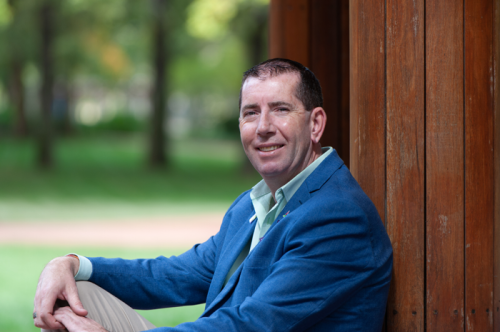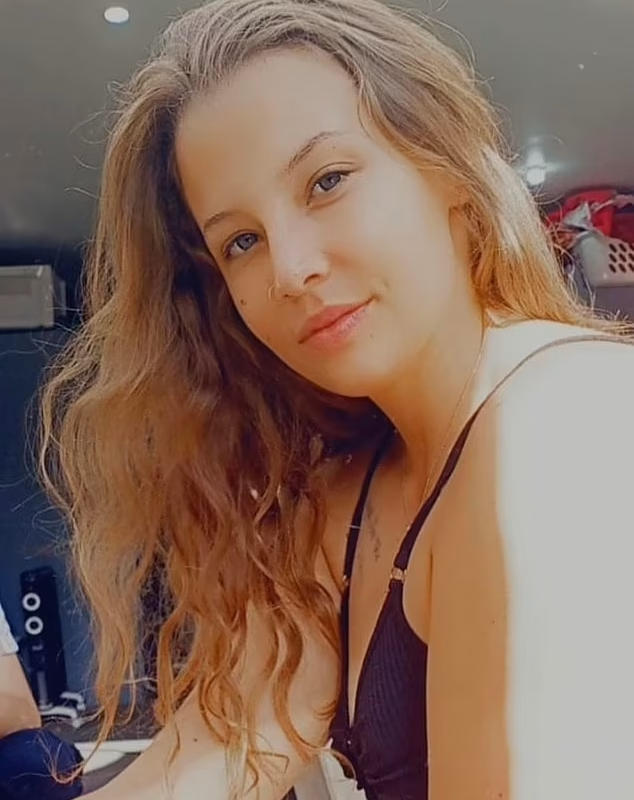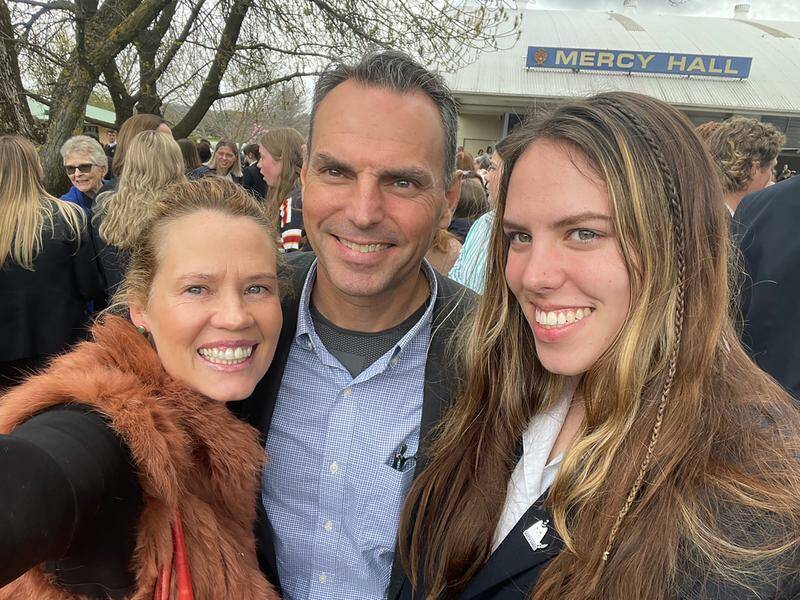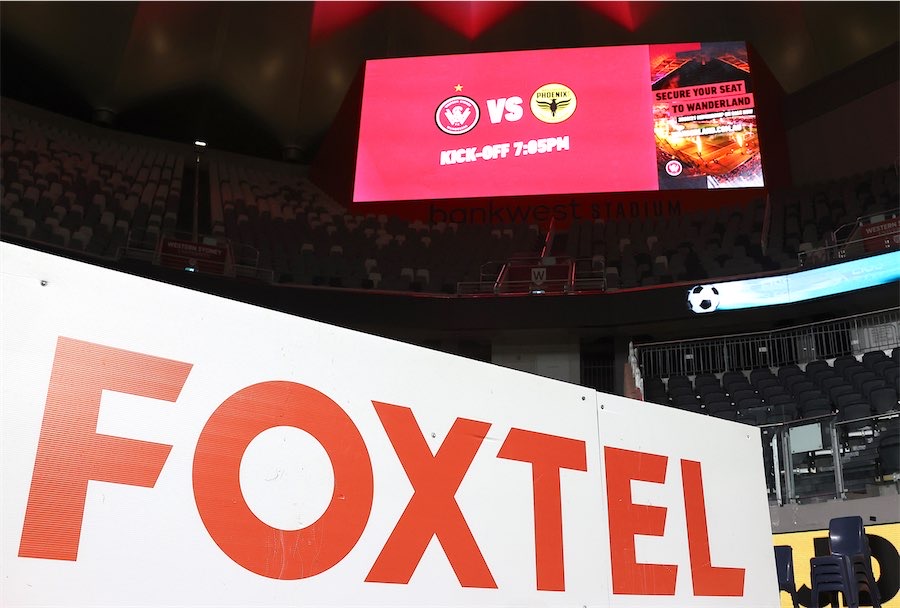
SURVIVING a brain tumour has given 46-year-old Colin McCulloch the determination to dedicate himself to raising funds and awareness for four brain cancer charities in the hope that no one else has to endure what he did.
On September 27, 2011, the day before Colin was due to have a CT scan to investigate his ongoing severe headaches, he collapsed getting out of bed.
The next thing he remembers is waking in the intensive-care unit in Canberra Hospital a day later and being told the shocking news that he had a brain tumour the size of a small orange, called a subependymoma.
The tumour was blocking the spinal fluid from draining in Colin’s brain which was causing dangerous swelling. He had been rushed from his home in Yass for emergency surgery to release the build up of fluid on his brain.
“When I woke up, I had no idea what had happened to me. I was very distressed as my family broke the news to me,” says Colin, who was 39 at the time.
Two days later, a team of six surgeons performed a 13-hour operation to remove the tumour.
“I was told that there was a 50 per cent chance of death and a 70 per cent chance of permanent brain damage,” he says.
Despite the shocking odds, Colin says he kept a positive and upbeat attitude.
“I remember saying: ‘Yeah, cool, bring it on!’ I figured I could react positively or negatively and that’s how I wanted to face it, by keeping positive and fighting,” he says.
“Seventy per cent of the tumour was successfully taken out, leaving the last 30 per cent part remaining in my frontal lobe, which I knew was a position that the surgeons weren’t going to be able to remove,” says Colin.
The road of recovery and rehabilitation was slow and heartbreaking for Colin and his parents as he learnt to talk and move his body again.
“It was unknown if the issues were permanent and my family were freaking out. I still had my mind so I knew what was going on with me. I had tears falling down my face but couldn’t express myself,” he says.
Gradually Colin’s speech and movement came back and he was able to recover at his parents’ home and even start working on a part-time basis, six months later. It was a tough journey with lots of challenges and dark days.
“Working was hard initially, I felt lost and simple actions took me a long time to get my brain working again,” recalls Colin.
“I have a few ongoing mental deficits as a result of the surgery and pressure from the tumour pushing on my brain; effects I have had to learn to live with,” he says.
“A close friend told me recently there is no such thing as a benign brain tumour. The impact from any brain cancer, malignant or benign, affects that person and their family and friends for the rest of their life.”
Although Colin has ongoing mental rehabilitation, he says he is fortunate to be able to make a difference by driving fundraising and awareness through his charity partners and close network of local businesses he deals with through his work at Bartercard.
Colin now works with four charities – Brainstorm for a Cure, Cure Brain Cancer Foundation, Brain Tumour Alliance Australia and Dainere’s Rainbow Foundation.
He says that over the past three years he has been involved with the raising of $2 million across the charities.
During May’s Brain Cancer Awareness Month, Colin is the “face” of a national fundraising campaign with One Light Charity Foundation to support all four of his charity partners and their different focus in areas such as support, research and paediatrics.
Colin says that the four charities are working together to fight brain cancer, which kills more people in Australia under 40 than any other cancer and kills more children than any other disease.
“Treatments and survival rates have hardly changed over the past 30 years. The five-year survival rate is only 22 per cent,” says Colin.
“Once you are diagnosed with brain cancer, you become aware of the statistics very quickly and they are just not good enough.”
Support One Light Charity Foundation’s brain-cancer fundraising campaign at onelightcharity.com
Who can be trusted?
In a world of spin and confusion, there’s never been a more important time to support independent journalism in Canberra.
If you trust our work online and want to enforce the power of independent voices, I invite you to make a small contribution.
Every dollar of support is invested back into our journalism to help keep citynews.com.au strong and free.
Thank you,
Ian Meikle, editor




Leave a Reply